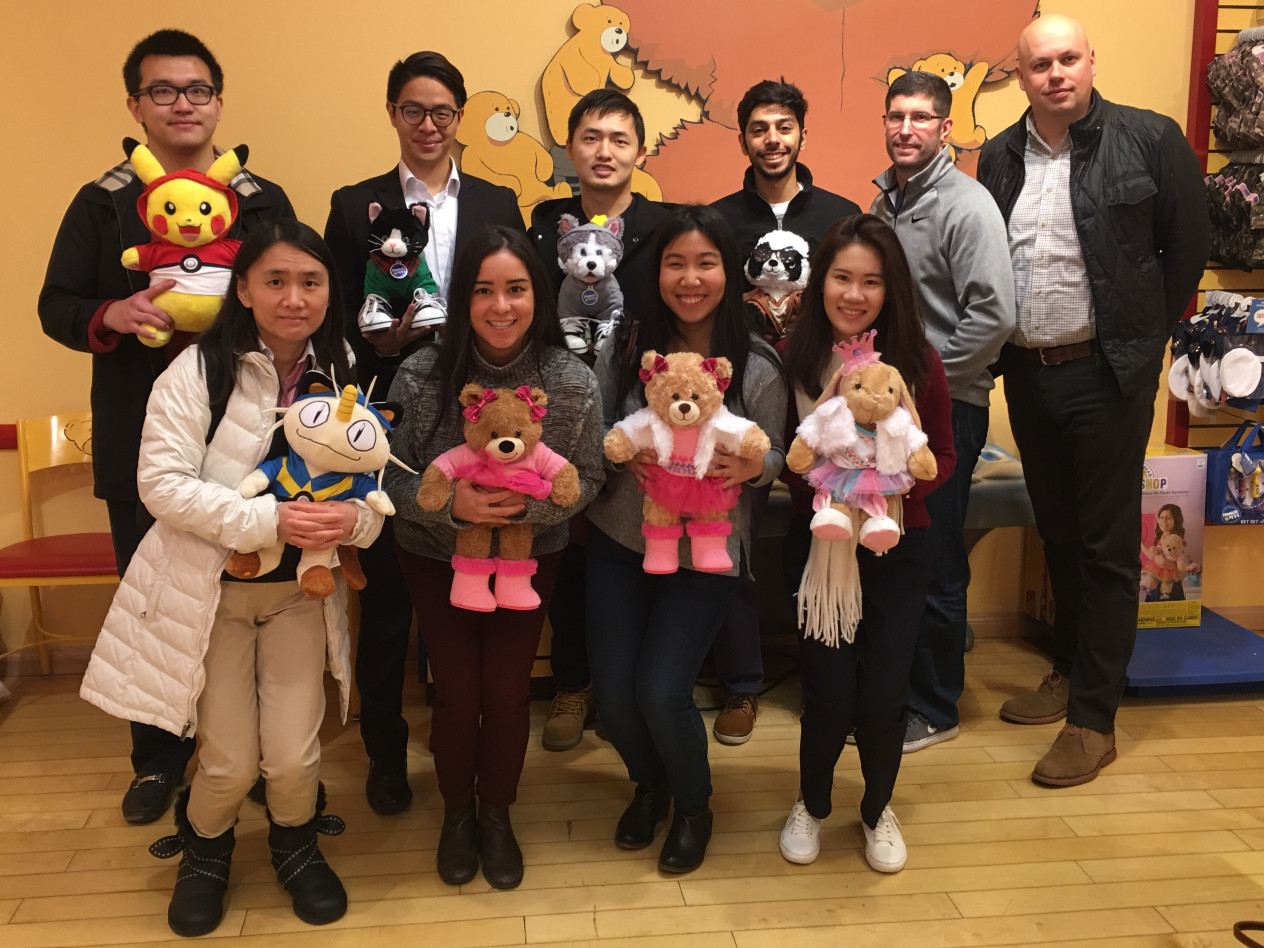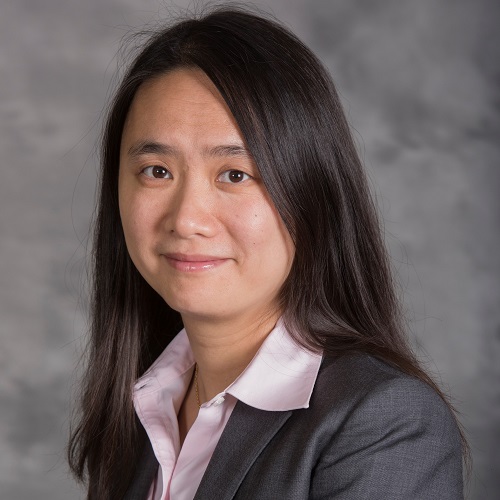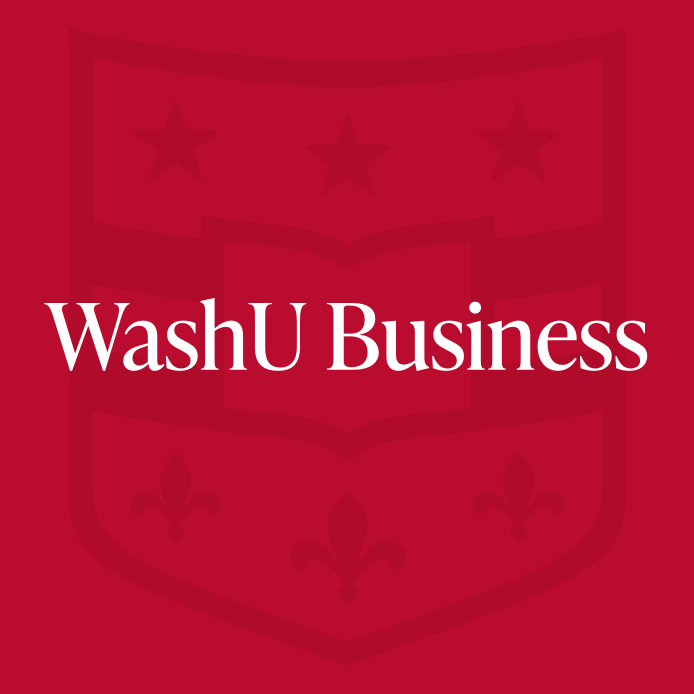Skills meet experience: Helping student practicum teams achieve consulting success
- August 8, 2023
- By WashU Olin Business School
- 3 minute read

Since 2016, Jian Cai, a senior lecturer in finance at WashU Olin, has advised student practicum teams through the Wells Fargo Advisors Center for Finance and Accounting Research (WFA-CFAR). In a discussion with Tatiana Vdovina, a CFAR PhD Scholar and PhD candidate in finance, Cai talked about the challenges and rewards of guiding students through real-world consulting projects.
What types of companies have you advised in quantitative finance and fintech?

When the practicum program was still in an early stage, two teams consulted with Build-a-Bear (Workshop). In the first year, the company wanted to figure out how to improve their supplies purchasing process. The next year, a team of seven worked on a post-audit analysis of their newly opened stores and presented it to the CFO and an executive committee. Both teams were invited to their flagship store at the Galleria Mall and built our own bears!
Our next client was Detalus, a local investment company. The main project we did with them was to establish a red flag system that would indicate when a company they invested in was predicted to have a credit rating downgrade.
We completed four projects with Neocova, a local startup fintech firm that provides AI services to community banks. (Among those projects were) a predictive model for community banks’ credit rating and an anti-money laundering (AML) model.
Most recently, my team worked with MARKIT/S&P Global Market Intelligence to evaluate the market potential for loan-level probability of default and loss given default modeling. The team won the Quantitative Finance Practicum Showcase because of the sophistication of our analysis and modeling.
What are the biggest challenges you face with a team of master’s students during a 14-week practicum?
For all projects, the first challenge is to translate a business situation or issue the client wants to address into a tangible research question. Most students have not had any industry experience by the time they work on the project. With a lot of motivation and strong technical skills, students tend to be eager to start on data analysis and coding before seeing the actual purpose of the project. So I try to pull them back and help them see the big picture first.
While every semester and every project is different, one thing that is always the same is that time goes by very fast and we need to keep track of the timeline and project scope constantly.
What gives you the most satisfaction in advising student practicum teams?
Being able to solve a seemingly impossible problem makes me happy and intellectually inspired!
For the community banking project (for Neocova), I felt stuck not knowing how to show (that) a group with perceived low credit quality actually has strong creditworthiness. One of our faculty members (the late Radha Gopalan) suggested developing a credit rating predictive model using data we had on rated banks, then making projections on mostly unrated community banks. Thanks to his brilliant idea, we were able to solve the problem proposed by the client quickly.
Ultimately, hearing from students years later and seeing their careers take off makes me happy.
Three students in the most recent practicum team I advised (for S&P) found nice jobs within three months after completing the project. One is now at Morningstar in New York, and another is working at Goldman Sachs. Starting their careers with the experience that they got from the project is awesome to observe.
Read Cai’s full interview and learn more about how student practicum projects have translated into hands-on student experience while providing tangible business benefits to clients.
Pictured at top: Jian Cai’s student practicum team, which worked on projects for Build-A-Bear Workshop, celebrated with newly made stuffed toys.
Media inquiries
For assistance with media inquiries and to find faculty experts, please contact Washington University Marketing & Communications.
Monday–Friday, 8:30 to 5 p.m.
Sara Savat
Senior News Director, Business and Social Sciences
